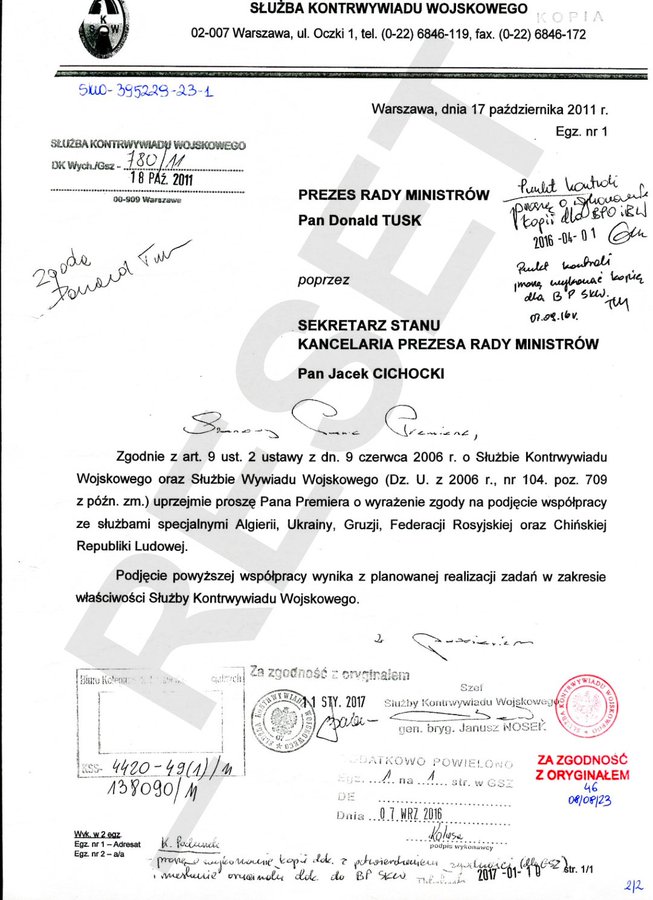JONATHAN S. TOBIN
Incidents of Jews spitting at Christians in Jerusalem deserve condemnation. But in a world that is indifferent to so much suffering, why do so many people care so much about it?
.
 Thousands of Christian evangelists and Israelis march at a parade in center of Jerusalem, marking the Jewish holiday of Sukkot or the Feast of the Tabernacles, Oct. 4, 2023. Photo by Chaim Goldberg/Flash90..
Thousands of Christian evangelists and Israelis march at a parade in center of Jerusalem, marking the Jewish holiday of Sukkot or the Feast of the Tabernacles, Oct. 4, 2023. Photo by Chaim Goldberg/Flash90..
It’s the sort of thing that makes Jews around the world cringe in disgust and shame. Videos of haredi Jews spitting at Christian pilgrims visiting Jerusalem or at the entrance to a church in the Old City during Sukkot went viral in recent days. Among Israelis and Jews around the world, the incidents set off an orgy of condemnations and soul-searching, in addition to some unpersuasive rationalizations.
Yet one has to wonder why so many people are ready to pile on the Jews when they are seen to behave badly amid relative indifference to what goes on in the world that is inarguably so much worse. To note this is not to justify or even downplay the awfulness of Jews behaving in such a manner. But it is hard to ignore the eagerness of so many, including and perhaps especially secular liberal Jews, to seize on any evidence that their religious brethren have some flawed individuals in their ranks.
Nevertheless, there should be no mixed messaging about how wrong it is for Jews—in Israel or anywhere else—to mistreat members of another faith. There is no excuse or context that can make it right or even understandable for a Jew, religious or not, to spit on anyone or even at the ground in their presence, or, needless to say, near a holy site or house of worship.
In the days since the videos were published, a discussion has started about there being a tradition of some sort, among Ashkenazi Jews, of spitting in response to the presence of Christians.
The notion that this was widespread or in any way justified by religious authorities is highly doubtful. To the extent that there is any truth to it, it was clearly a matter of a secret protest against the persecution that Jews faced in Christian nations. But whatever Jews might have done to express their resentment against those who oppressed them in the past, the idea that a Jew living in a Jewish state in 2023 should feel entitled to engage in an act of public contempt for a religious minority living in their midst is outrageous. Anyone who thinks this is a tradition that should be passed on to the young is doing Judaism and the Jewish people a grave disservice, as well as demonstrating their own bad character.
That is why whatever other emotions these videos evoke, there can be some satisfaction that some of the spitters were arrested. It is also reassuring to note that condemnation came from across the spectrum of Jewish life, including Israeli political leaders like Prime Minister Benjamin Netanyahu and even right-wing figures like Public Security Minister Itamar Ben-Gvir, who is often the target of opprobrium for his own statements and conduct.
Christians deserve respect
This should go beyond the current debates between religious and secular Jews or even those about whether or not Christians seek to proselytize among Jews.
That the targets for these incidents were foreign evangelical Christians visiting Israel for the Feast of Tabernacles (Sukkot) is especially outrageous.
These Christians are devoted supporters of Israel. They come to the Jewish state on pilgrimages both to practice their faith in the land of its origin as well as to express their love for Israel. For even a tiny minority of Israelis to mistreat them is not only morally wrong, it’s also a blow to the country’s efforts to build support abroad. It undermines the dedicated efforts of Christian Zionists—such as the International Christian Embassy Jerusalem, which organizes the annual Sukkot event—to combat the slurs and lies of antisemites. These friends should be welcomed to Israel with open arms, and that is how most Israelis rightly regard them.
And while the political divide on many issues between pro-Israel Christian conservatives and liberal Jews in the United States is enormous, American Jews should think of them in the way Israelis do. The contempt many on the Jewish left have for these same evangelicals is no less disgraceful than the behavior of those who spat at them.
Nor should the fact that some Christians seek to spread their faith in Israel in any way justify these incidents.
Jews have a long memory of past injustices. Throughout the period that lasted from the Christian faith’s conquest of the Roman Empire to the modern era, there were numerous attempts at forced mass conversions that were punctuated by massacres or forced exiles of Jews from countries they had long inhabited.
Christians may have a religious obligation to share what they believe is the “good news” of their faith with non-believers. But they should always tread carefully among Jews, who harbor a natural resentment against those seeking to entice them away from their heritage—whether by honest advocacy or, as is sometimes the case with so-called “messianic Jews,” with arguments that are disingenuous or downright deceptive.
Still, while their sensibilities should be respected, Jews living in free countries—let alone a Jewish state—should have enough confidence in their own identity to regard Christian missionaries with benign indifference. The notion that such Christians present a genuine threat to the Jewish people is nonsense. If a small number convert, then the fault lies far more with the failure of Jews to educate their children about their heritage and faith than anything else.
In Israel, where the right to free speech and free exercise of religion is not protected by a First Amendment, as it is in the United States, this is sometimes forgotten. Any Jew who is offended by the presence of Christian exercising their faith or even advocating for it should just have the grace to ignore it.
The appetite for stories of Jewish misbehavior
Yet even if all this is true, it’s still worth asking why the actions of only a few Jews who behave in this way should be considered such a big deal.
Part of it is the standard logic of journalism in which “man bites dog” stories are always considered more newsworthy and interesting than those in which the dog is behaving like a dog and doing the biting. So, when Jews—who are a religious minority everywhere but in the State of Israel—act like bullies towards a minority faith, it is bound to evince interest.
Sadly, the appetite for stories of Jewish misbehavior is also always proportional to the intensity of antisemitism, such as the present, when there is a rising tide of Jew-hatred around the globe. That is primarily manifested in efforts to delegitimize the one Jewish state on the planet. Thus, it is a given that anything that makes Jews appear in a bad light or abusing their majority status in their own homeland will be highlighted by a media culture that is already predisposed to attack Israel.
To these unfortunate factors, we must now add another motive for giving the spitting incidents more attention than they might otherwise deserve: the secular-religious divide.
The protest movement against the Israeli government’s judicial reform is driven more by resentment on the part of the secular liberal sector of Israeli society towards the religious than any real concerns about the future of “democracy.” Given the absurdity and oppressive nature of the official Orthodox rabbinate that has control of life-cycle events and the refusal of the haredim to serve in the military or take part in the economy, some of that resentment is justified. But as the events of the last week showed, in which the city of Tel Aviv has sought to effectively forbid public prayer services by Orthodox Jews and secular activists have assaulted and disrupted such services, this anti-religious spirit is one motivated primarily by intolerance for the religious than anything else.
That is why the left-wing press in Israel, such as Haaretz and Times of Israel, which have carried the water for a movement that is rooted in the desire of the secular liberal elites to defend their last bastion of unaccountable power—Israel’s Supreme Court—have been so quick to treat the spitting incidents as more evidence of the inherent badness of their religious and nationalist political foes.
I don’t sympathize with those on the Israeli right who pointed out that more Israelis were arrested for spitting at Christians than for attacking religious Jews who had the temerity to pray in public. The spitters are despicable and deserve whatever is coming to them. But those who consider the spitters to justify a new variant of politics that can be fairly described as anti-Judaism are no better than the rabbis they condemn.
In a world where the ongoing genocide of the Uyghurs in China is ignored and anti-Jewish terrorism is considered so commonplace as to hardly rate a mention in the press, let’s not pretend that this story is anything more than a lamentable curiosity. The desire to hype it out of all proportion to its actual importance is every bit as disgusting as the act itself.
 JONATHAN S. TOBIN – is editor-in-chief of JNS (Jewish News Syndicate). Follow him @jonathans_tobin.
JONATHAN S. TOBIN – is editor-in-chief of JNS (Jewish News Syndicate). Follow him @jonathans_tobin.
 Służby i bezpieczeństwo
Służby i bezpieczeństwo






